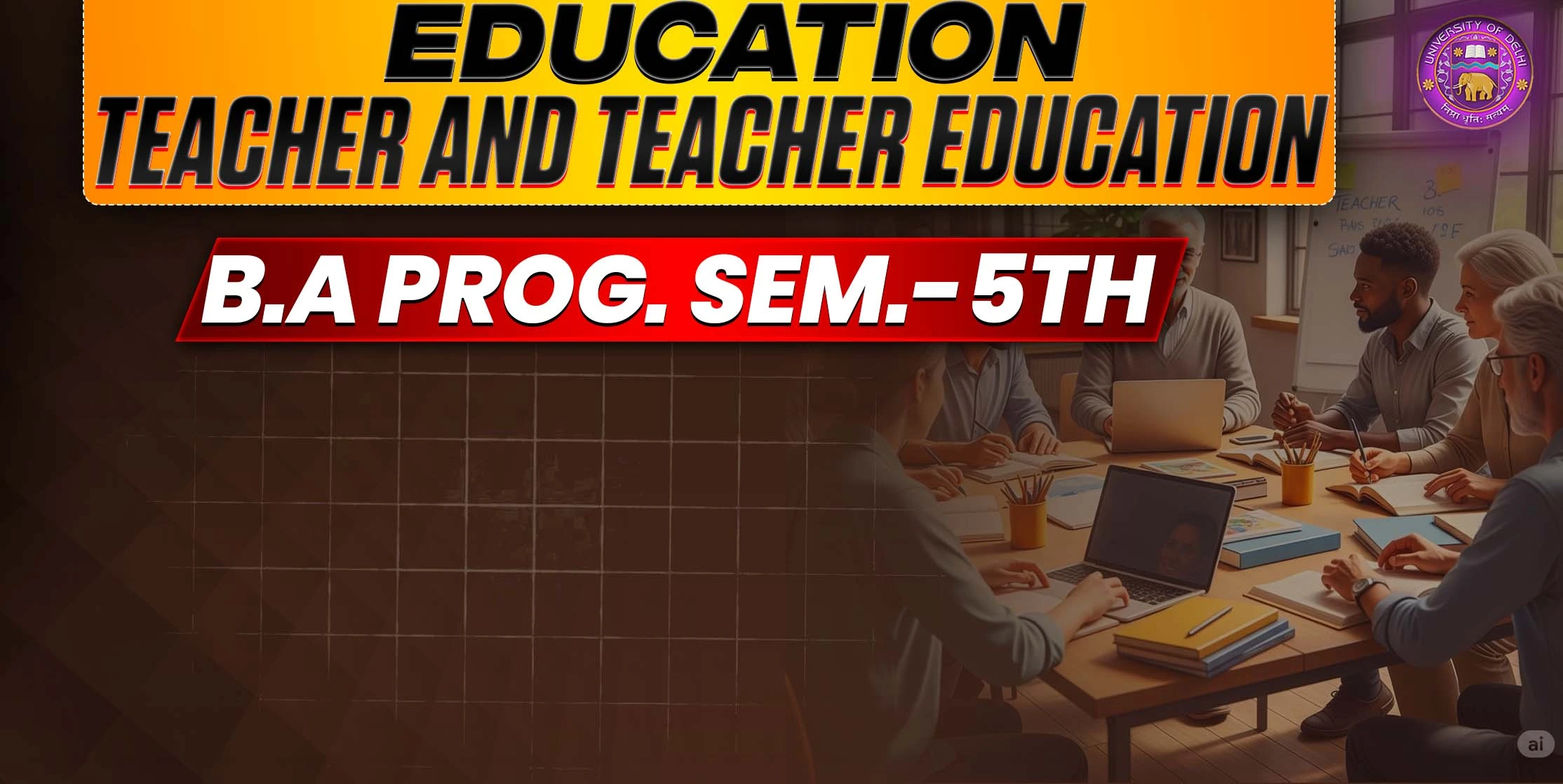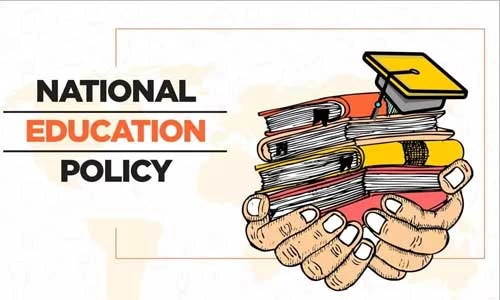
Get in Touch
We will get back to you within 24 hours.
Welcome to MVS Blog

Answer - Introduction
Education is the foundation of any nation's development, and the formulation of education policies is aligned with its growth trajectory. Both education and policies are two sides of the same coin. Education is the process of imparting knowledge, while policy refers to laws or administrative plans crafted by government bodies.
National Education Policy (NEP) 2020

NEP 2020 in School Education
• The NEP proposes a 5 + 3 + 3 + 4 academic structure, covering children aged 3 to 18 years:
1. Five years of foundational stage – 3 years of pre-primary and Grades 1, 2.
2. Three years of preparatory stage – Grades 3, 4, 5.
3. Three years of middle (or upper primary) stage – Grades 6, 7, 8.
4. Four years of secondary stage – Grades 9, 10, 11, 12.
• NEP 2020 proposes establishing a National Mission on Foundational Literacy
and Numeracy to ensure basic skills for students up to Grade 3 by 2025.
Fundamental Principles of NEP 2020:
1. Holistic and Multidisciplinary Education : The NEP emphasizes a comprehensive, multidisciplinary approach focusing on cognitive, social, emotional, and physical development.
2. Flexibility in Education : The policy aims to provide students with flexibility and choice in subjects and learning methods suited to their preferences.
3. Promotion of Multilingualism and Indian Languages : NEP recognizes the importance of multilingualism and promotes the use of Indian languages in education. It also emphasizes learning at least one Indian language.
4. Technology-Driven Learning : The policy supports the integration of technology, including online education and digital resources, to reach remote and rural students.
5. Quality Education : NEP aims to ensure quality education for all, focusing on teacher training, curriculum reforms, and technological advancements to prepare students for the future.
6. Skill Development : The policy promotes the development of essential 21st century skills, including critical thinking, problem-solving, and creativity.
7. Inclusion and Equity : NEP emphasizes inclusivity and equity, ensuring access to quality education regardless of students’ social or economic backgrounds.
8. Research and Innovation : The policy encourages research and innovation in education, motivating institutions to develop new teaching methods, techniques, and curricula.
9. Collaboration and Partnerships : The NEP stresses the need for collaboration among institutions, teachers, parents, and students for effective implementation.
10. Empowered Educational Institutions : The policy seeks to empower institutions by granting them greater autonomy and flexibility to innovate and adapt to changing needs.
Conclusion
NEP 2020 extends the Right to Education Act, 2009, to include children aged 3 to 18 years. Coming 34 years after the last major policy, NEP aims to provide equitable and universal access to education, with a goal of universal pre-primary education (ages 3-6) by 2025.
0 Response